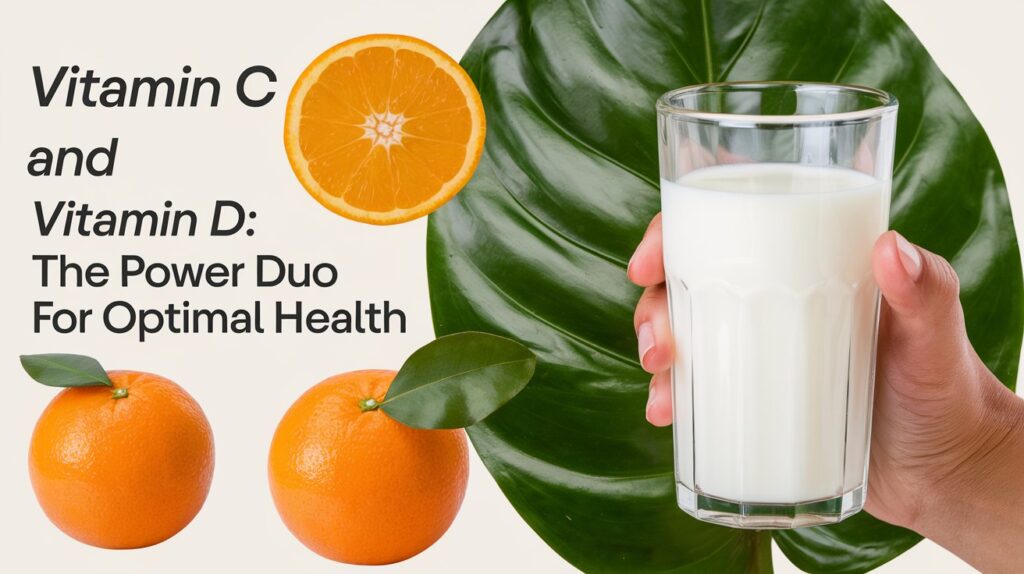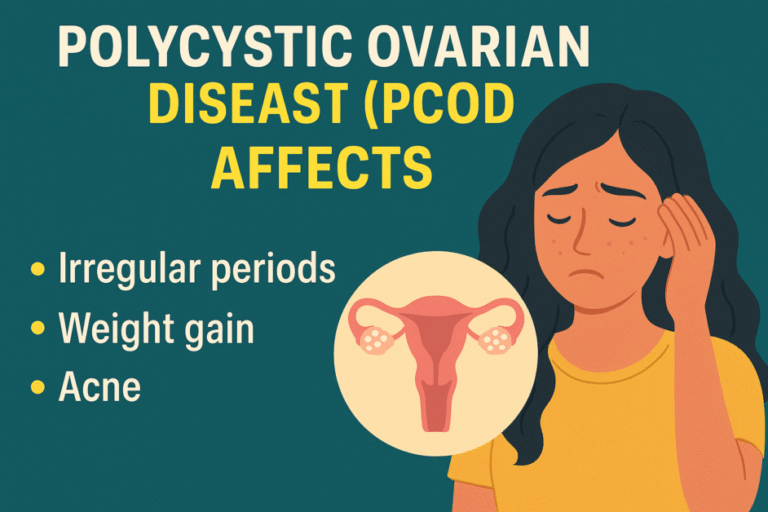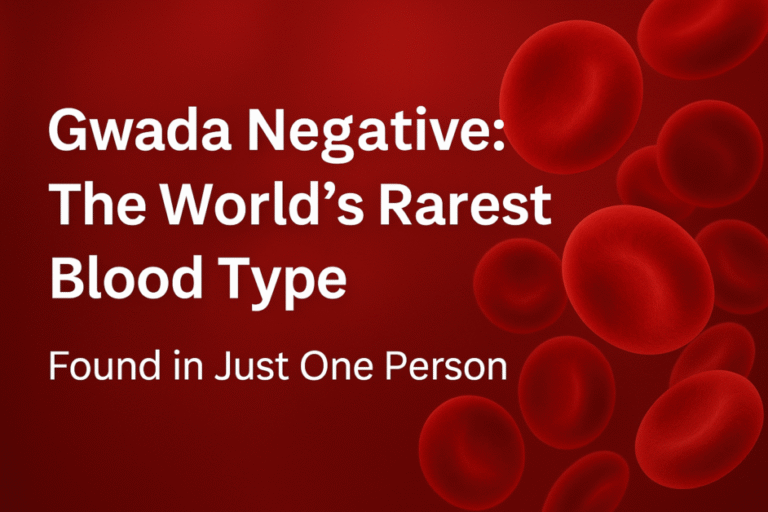Unlocking the Vitamin C or Vitamin D: What Really Strengthens the Immune System?
Introduction
When it comes to keeping our immune system strong, many people ask, “Vitamin C vs. Vitamin D: What really strengthens the immune system?” Both vitamins play crucial roles in our health, yet they differ significantly in their functions, sources, and impact on immunity. Understanding these vitamins is vital, especially in today’s world where vitamin deficiency can lead to various health issues.
Understanding Vitamin C
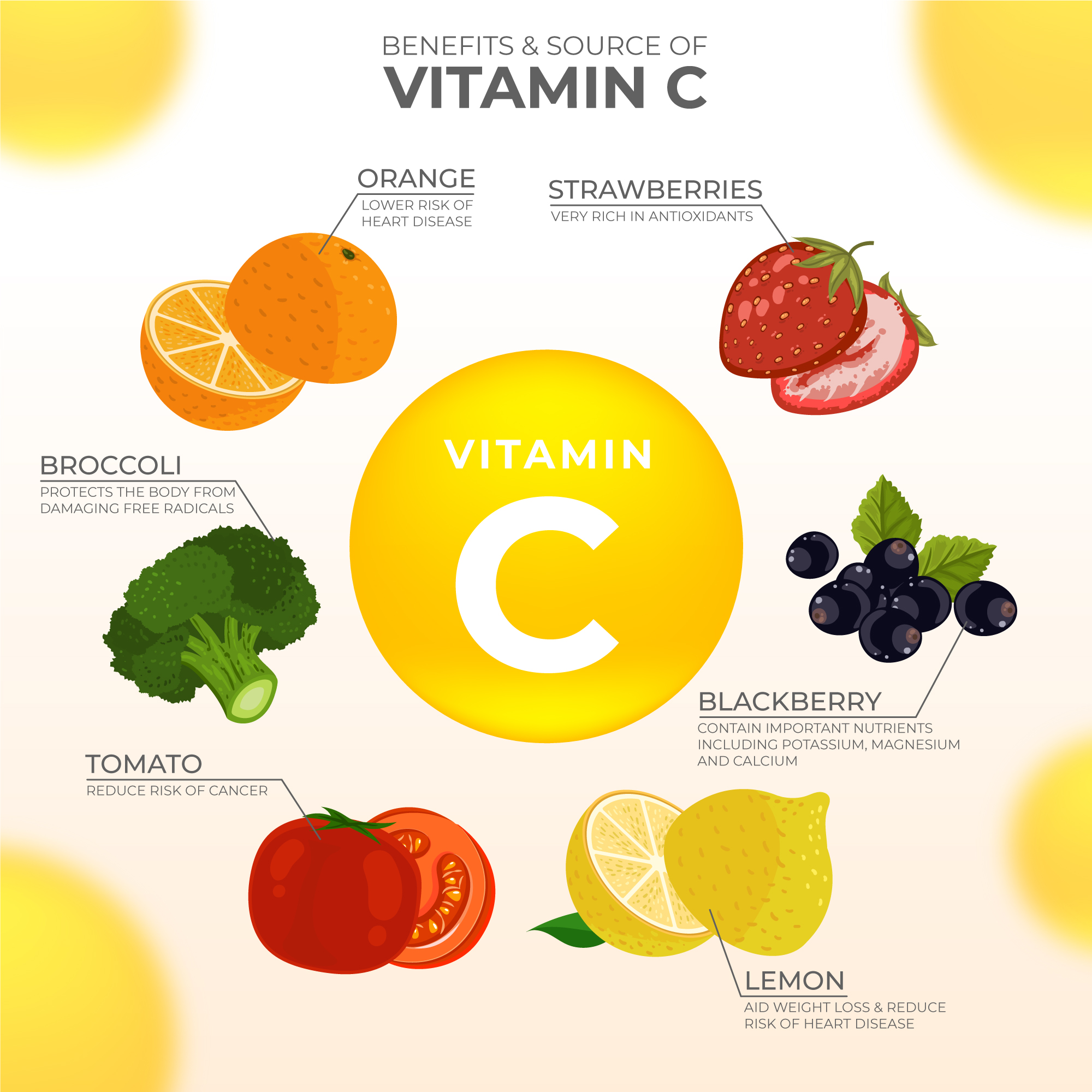
Vitamin C – Vitamins and minerals
Vitamin C, also known as ascorbic acid, is a water-soluble vitamin that is essential for several bodily functions. It acts as a powerful antioxidant and helps in the maintenance of skin, blood vessels, bones, and cartilage.
Here’s a closer look at Vitamin C:
Source: Some of the best natural sources include oranges, strawberries, kiwi, bell peppers, and broccoli.
Health Benefits
- Supports the immune system by stimulating the production of white blood cells.
- Assists in the absorption of iron from plant-based foods.
- Promotes healthy skin by aiding in collagen production.
Understanding Vitamin D
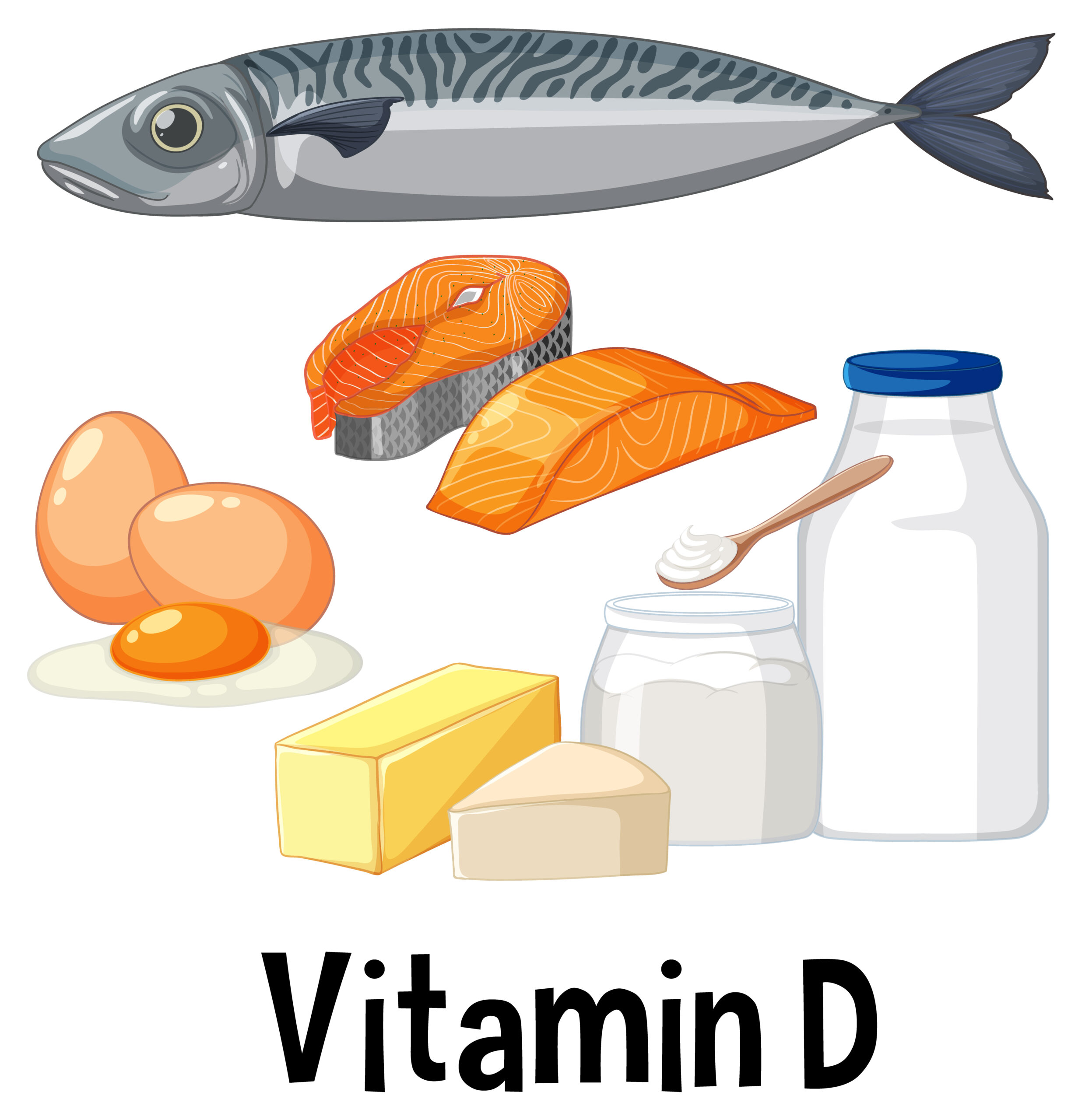
The Power of Essential Amino Acids (EAAs) for Peak Performance
Vitamin D is a fat-soluble vitamin that is crucial for overall health but is primarily recognized for its role in bone health. This vitamin is unique because it can be synthesized by the body when exposed to sunlight.
Sources: It can be found in fatty fish like salmon and mackerel, fortified dairy products, and cereals.
Sunlight helps the body produce Vitamin D naturally.
Health Benefits
- Supports bone health by helping the body absorb calcium.
- Plays a role in the modulation of the immune system, helping the body to respond effectively to pathogens.
- May help in reducing inflammation.
How Do Vitamin C and D Affect the Immune System?
When evaluating the question of “Vitamin C and Vitamin D: What really strengthens the immune system?”
It’s important to consider how each vitamin contributes to immune function.
Vitamin C and Immunity
Immune Boosting: Vitamin C is known for its role in increasing the production of lymphocytes and phagocytes, two critical components of the immune system. This helps defend against infections.
Antioxidant Properties: It protects the body against oxidative stress, which is linked to chronic diseases.
Vitamin D and Immunity:
Regulation of Immune Function: Vitamin D modulates immune responses and inhibits the activation of inflammatory cytokines, which can lead to autoimmune diseases if unchecked.
Cellular Health: It encourages the development of immune cell types that fight off pathogens effectively.
While both vitamins support immune function, evidence suggests that they work in tandem rather than in competition.
A deficiency in either can lead to weakened immunity, making it crucial to maintain a proper balance.
Vitamin Deficiency: Signs and Symptoms
Vitamin deficiency can manifest in various ways, leading to significant health issues. Here are some signs to monitor for both Vitamin C and Vitamin D deficiencies:
Signs of vitamin C Deficiency:
- Fatigue and weakness
- Frequent infections and prolonged illness
- Swollen or bleeding gums
- Joint pain and swelling
- Dry skin and hair
Signs of Vitamin D Deficiency:
- Bone pain and muscle weakness
- Fatigue
- Mood changes, including anxiety and depression
- Increased susceptibility to respiratory infections
- Osteoporosis in older adults.
If you suspect a vitamin deficiency, it’s important to consult with a healthcare provider who can recommend appropriate testing and treatment.
Incorporating Vitamins C and D into a Healthy Diet
Maintaining a healthy diet rich in both Vitamin C and Vitamin D is essential for optimal immune function. Here are some tips for enhancing your intake:
For Vitamin C:
- Add citrus fruits like oranges or grapefruit to your breakfast.
- Snack on strawberries, kiwi, or bell peppers throughout the day.
- Include leafy greens such as spinach or kale in salads and smoothies.
- Try broccoli or Brussels sprouts steamed as a side dish.
For Vitamin D:
- Spend some time outdoors in sunlight, especially during the warm months.
- Include fatty fish like salmon or sardines in your meals at least twice a week.
- Opt for fortified foods such as milk, yogurt, and breakfast cereals.
- Consider a vitamin D supplement if you’re at risk of deficiency, especially in winter months.
A balanced diet rich in both vitamins will help bolster your immune system and promote overall health.
Vegan and Bodybuilding: Building Muscle on a Plant-Based Diet
Conclusion
In the debate of “Vitamin C vs. Vitamin D: What really strengthens the immune system?”, both vitamins are vital and serve unique and complementary roles in supporting our health. They work best together, creating a stronger immune response when included in a balanced diet.
Monitoring for vitamin deficiency and ensuring adequate intake of these nutrients will not only help in maintaining a robust immune system but also contribute to overall well-being.
Buy Best Genuine Supplements-
100% Authentic Guardian (GNC) Supplements
For Extra Discount – Code- ANUJPRATAP0005

